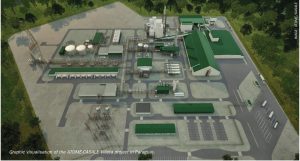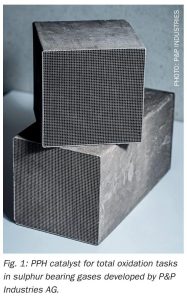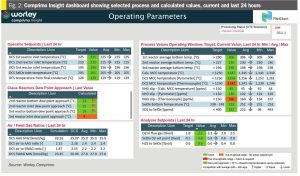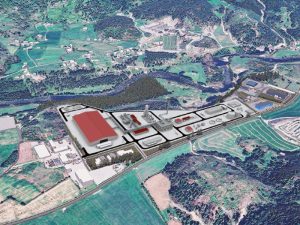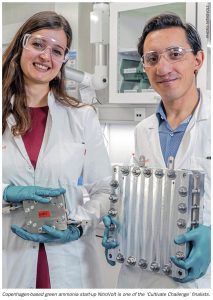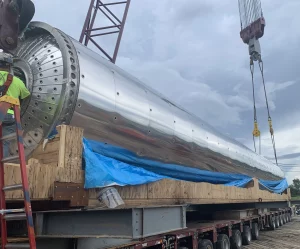
Round up day two, CRU Nitrogen+Syngas ExpoConference
Day two of CRU’s Nitrogen+Syngas Expoconference 2026 saw the conference move into its technical sessions, run in three parallel streams covering everything from low carbon hydrogen production, sustainable plants, emissions reductions, carbon capture, ammonia plant operations, syngas and methanol production to asset safety and maintenance. Blue ammonia One of the things that struck me most, […]

